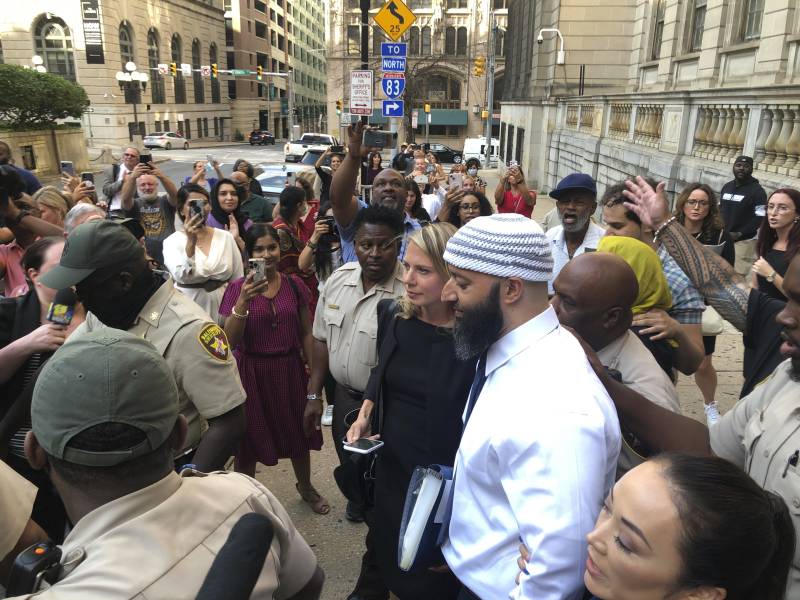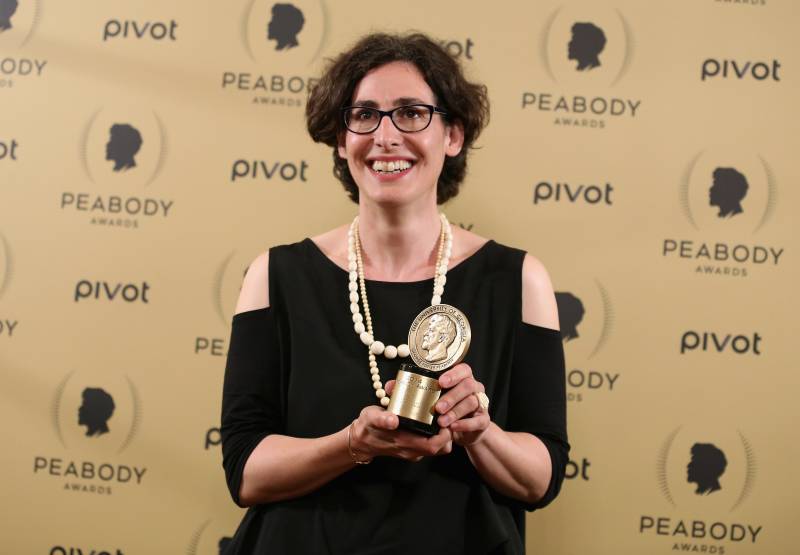The Serial phenomenon was not just about trying to solve the crime itself. It was also about the vast community devouring each episode and then picking it apart online. Journalists at The Atlantic blogged about it. A place to discuss Serial: The Podcast on Reddit reached more than 72,000 members.
As Christopher Dunn, Legal Director of the New York Civil Liberties Union, marveled in 2015, Serial “unleashed a spirited and wide-ranging civil rights debate on the internet,” he wrote. “Most significantly, the discussion forum Reddit, which is enormously popular with young people, exploded with commentary from tens of thousands of people who debated and investigated every aspect of the case, many of which the podcast had not addressed.”
The idea to delve into Syed’s case originated with Rabia Chaudry, a lawyer and one of Syed’s friends and supporters. She pitched the idea to Koenig. As Serial unfolded, Chaudry blogged about each episode, sharing her knowledge of the case and airing complaints about the way she felt producers were handling aspects of the story.
Chaudry was also struck by how her views were becoming part of the narrative. “I realized that while I and others close to Adnan were mired in the minutiae of both the case and show, we were part of that case and show for the public. Our interactions online were being discussed, we were being judged and assessed, we were adding both entertainment and substantive value to the discourse. We were also characters in the larger story,” she wrote.
Chaudry went on to write her book and produce a podcast about Syed. She’s also an Executive Producer on The Case Against Adnan Syed, a four-part HBO documentary series.
While Scheck is pleased to see all of the other true crime podcasts Serial inspired, he urges caution to anyone who thinks it’s easy to do it well.


9(MDAxOTAwOTE4MDEyMTkxMDAzNjczZDljZA004))

